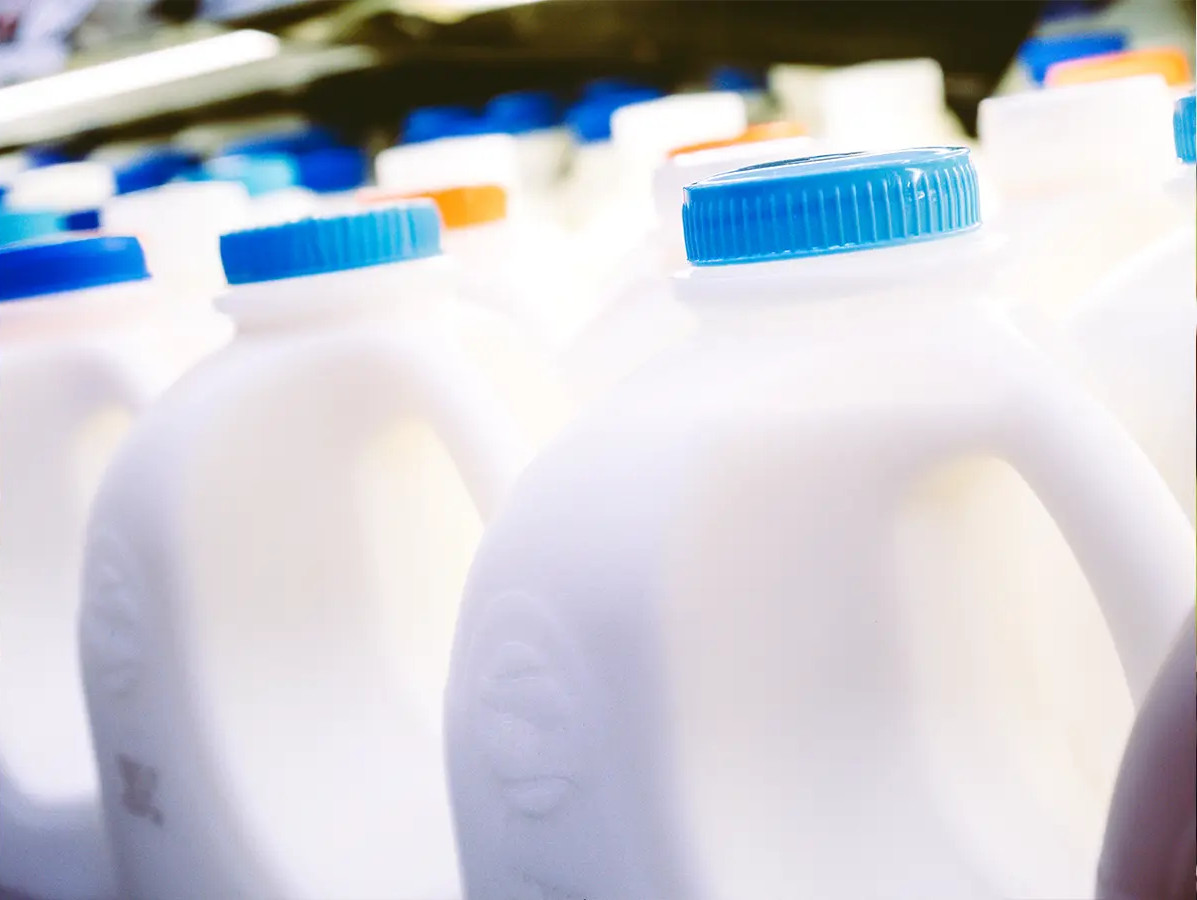
DSM’s methane reducer Bovaer, developed to lower the carbon footprint of milk production, is facing heavy criticism. In both the United Kingdom and the United States, consumers are spreading rumors on social media about alleged dangers of the product. The boycott calls are targeting Arla, which is conducting trials with British supermarkets to make milk production more sustainable.
According to Arla and the supermarkets involved, the accusations are completely unfounded. Yet, this misinformation seems to have taken on a life of its own. For some, the extensive safety tests conducted on Bovaer are actually a reason not to trust the product. In the United States, the controversy has now been linked to Bill Gates and the World Economic Forum, even though Gates has no connection to Bovaer. Instead, he invests in a competing product, Rumin 8.
The U.S. food regulator FDA continues to emphasize that Bovaer is safe. However, with well-known TV personalities, singers, and actors urging people to avoid Arla’s milk, these reassurances appear to have little impact. Concerns focus mainly on supposed risks to health and fertility, despite a complete lack of scientific evidence.
So far, the controversy has not spread to the Netherlands or Denmark. In Denmark, using Bovaer is almost mandatory, while in the Netherlands the product is widely adopted. Nonetheless, British supermarkets are closely monitoring Arla’s milk sales. Should demand plummet, it would be a significant setback for the acceptance of Bovaer, despite its proven 27% reduction in CO2 emissions. Ultimately, the consumer holds the key.
Source: Boerenbusiness